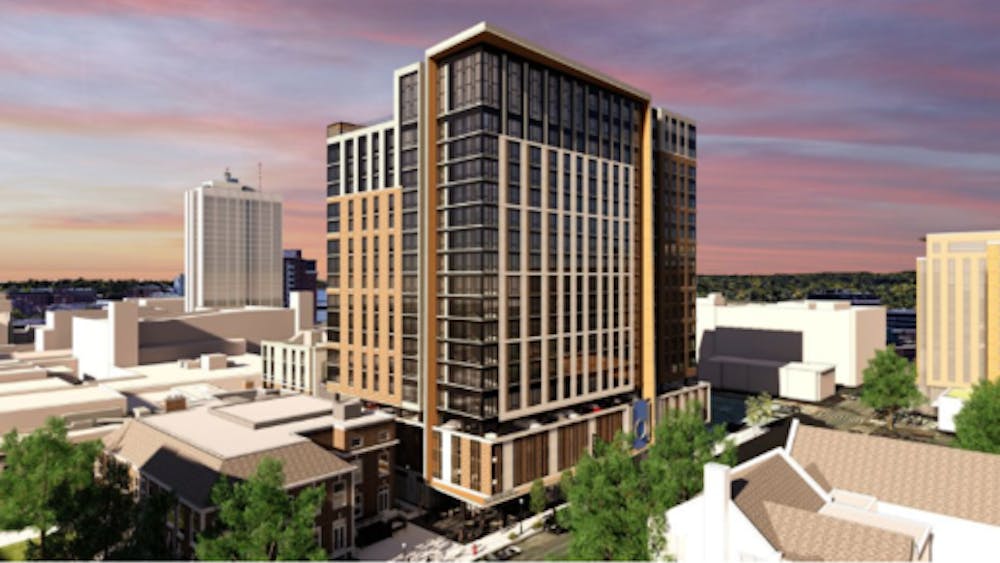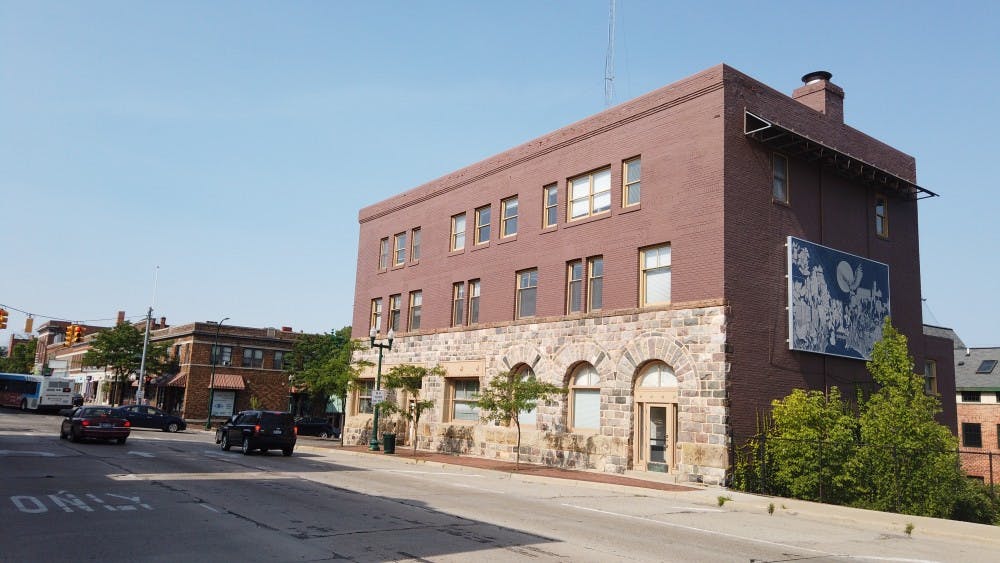The City of Ypsilanti has yet to issue permits for recreational marijuana to be sold in the city’s several marijuana dispensaries, but that will be changing soon, with the city now accepting applications to receive a permit.
Michigan voters decided in 2018 to legalize marijuana for recreational use, and the proposal gave local governments the freedom to choose whether to allow recreational dispensaries, as well as how many. 82% of Ypsilanti residents voted in favor of the proposition.
Most communities in Washtenaw County, including Ypsilanti Township, have opted out of providing recreational licenses. Ann Arbor, Ypsilanti and Northfield Townships are the only three communities to have ordinances that allow these businesses to operate for adult-use under certain regulations.
Ypsilanti opened the application for a recreational permit on Jan. 17, and it will remain open until Mar. 4. Ypsilanti won’t have any dispensaries selling recreationally until April at the earliest, according to Ypsilanti Councilwoman Annie Somerville.
In an interview with the Echo, Somerville said, “There probably won’t be any licensed operating adult-use facilities until April . . . it’s still going to take [facilities that get a permit] a month to work out the details to get their state licenses. And you can’t get your state license until you have a permit from a local municipality. So it’s probably going to be April.”
Somerville also said that existing dispensaries in the city will get priority for a recreational license. The Echo has confirmed that the following dispensaries will be applying for a recreational license:
Sticky Ypsi: 1090 N Huron River Dr
Depot Town Care Center: 35 E Cross St
The Patient Station: 539 S Huron St
Somerville said she expects Third Coast to also apply for a recreational license, though the Echo was not able to reach them for comment. Green Vitality was also not available for comment. Check back later for updates as we get them.
Ypsilanti City Council has limited the number of marijuana facilities within the city to 7 stores, with that number increasing to 10 on Jan. 1, 2021. Those three extra permits are reserved for those that qualify through the state’s social equity program. Ypsilanti was one of just 19 communities that were originally eligible for the program, with the state expanding it to 41 communities in October.
The goal of the social equity program is to “promote and encourage participation in the marijuana industry by people from communities that have been disproportionately impacted by marijuana prohibition and enforcement and to positively impact those communities.”
To receive a license to sell recreationally, though, the state is requiring applicants to already have a license to sell medically. This could be an obstacle for those attempting to get a social equity license, so Ypsilanti is waiting until 2021 to give out any social equity licenses.
There is no limit on microbusinesses within the city, which are allowed to grow up to 150 plants, process the cannabis into edibles, oils, or other extracts, and sell it to adults 21 years or older.
Additionally, the city will not drug test employees for marijuana if their job is not considered safety-sensitive. Safety-sensitive jobs include police officers, dispatchers, firefighters, emergency medical personnels and operators of heavy machinery such as trucks, tractors and snow-plows. Click here to see a full list of safety-sensitive jobs in Ypsilanti.
Per the proposal passed by voters, anyone 21 or older can carry up to 2.5 ounces of marijuana and can possess up to 10 ounces on their property. People that grow their own marijuana do not have a limit on how much they can possess. It is also legal to gift marijuana.
There is a 10% excise tax split 35% to K-12 education, 35% to roads and bridges and 30% to local governments allowing recreational cannabis dispensaries in their jurisdiction, such as Ypsilanti. Additionally, there is a 6% sales tax split approximately three quarters to schools and one quarter to local governments.











